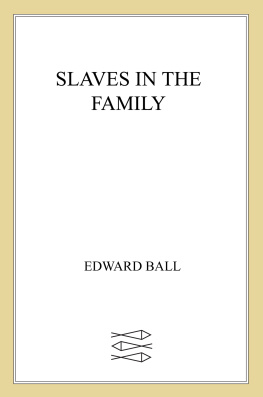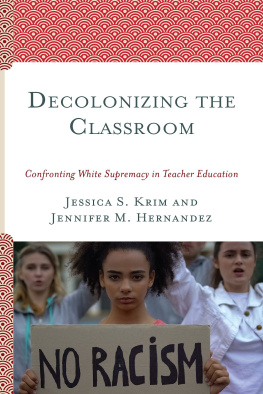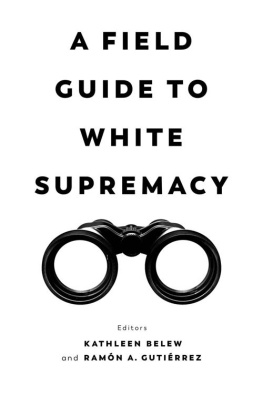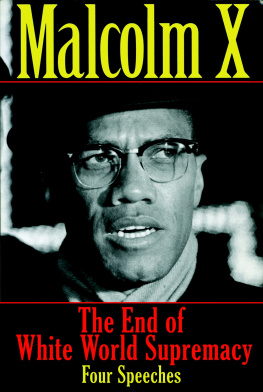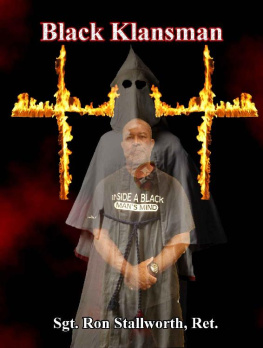Edward Ball - Life of a Klansman: A Family History in White Supremacy
Here you can read online Edward Ball - Life of a Klansman: A Family History in White Supremacy full text of the book (entire story) in english for free. Download pdf and epub, get meaning, cover and reviews about this ebook. year: 2020, publisher: Farrar, Straus and Giroux, genre: Detective and thriller. Description of the work, (preface) as well as reviews are available. Best literature library LitArk.com created for fans of good reading and offers a wide selection of genres:
Romance novel
Science fiction
Adventure
Detective
Science
History
Home and family
Prose
Art
Politics
Computer
Non-fiction
Religion
Business
Children
Humor
Choose a favorite category and find really read worthwhile books. Enjoy immersion in the world of imagination, feel the emotions of the characters or learn something new for yourself, make an fascinating discovery.

- Book:Life of a Klansman: A Family History in White Supremacy
- Author:
- Publisher:Farrar, Straus and Giroux
- Genre:
- Year:2020
- Rating:5 / 5
- Favourites:Add to favourites
- Your mark:
- 100
- 1
- 2
- 3
- 4
- 5
Life of a Klansman: A Family History in White Supremacy: summary, description and annotation
We offer to read an annotation, description, summary or preface (depends on what the author of the book "Life of a Klansman: A Family History in White Supremacy" wrote himself). If you haven't found the necessary information about the book — write in the comments, we will try to find it.
Life of a Klansman: A Family History in White Supremacy — read online for free the complete book (whole text) full work
Below is the text of the book, divided by pages. System saving the place of the last page read, allows you to conveniently read the book "Life of a Klansman: A Family History in White Supremacy" online for free, without having to search again every time where you left off. Put a bookmark, and you can go to the page where you finished reading at any time.
Font size:
Interval:
Bookmark:
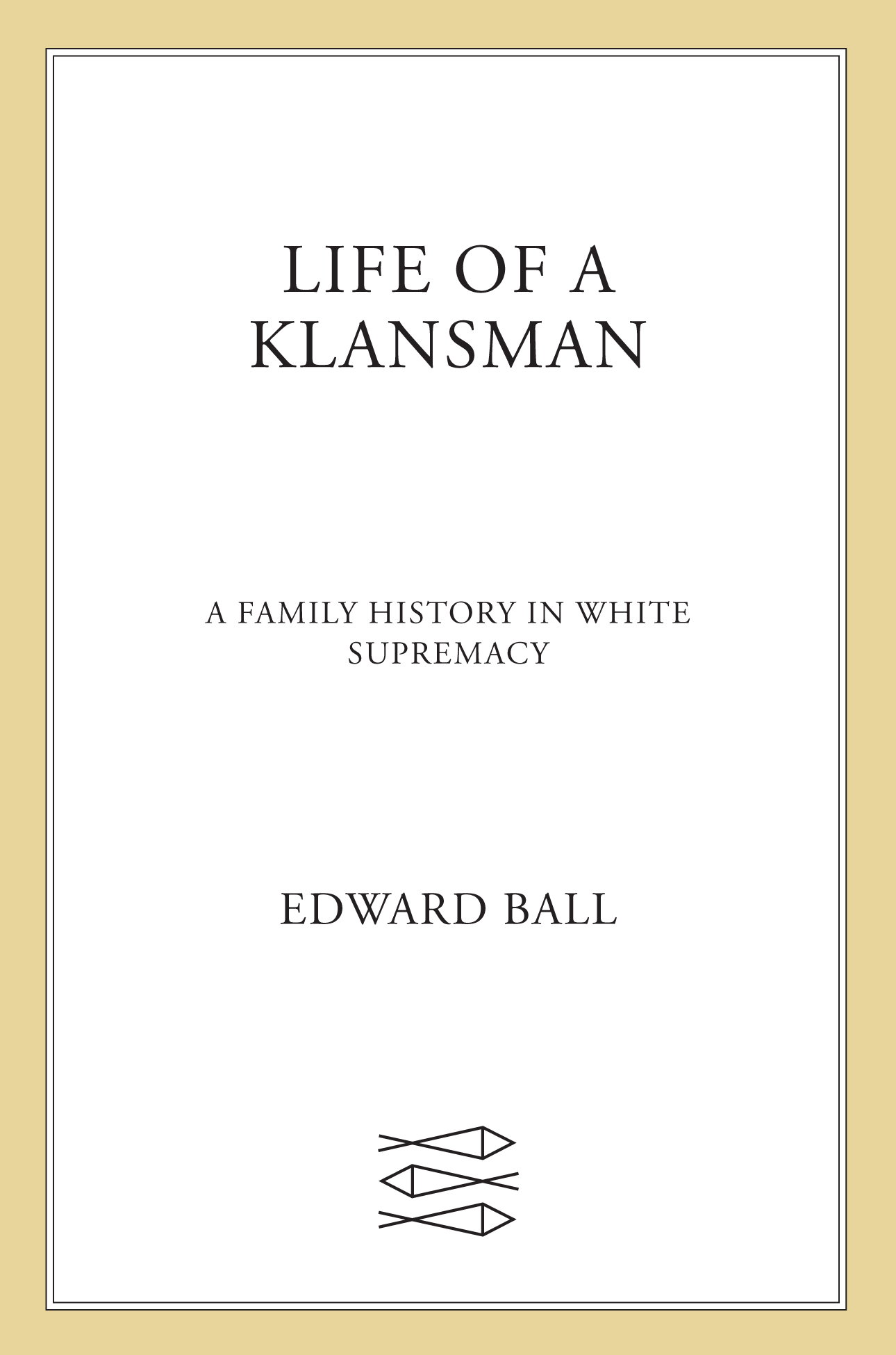
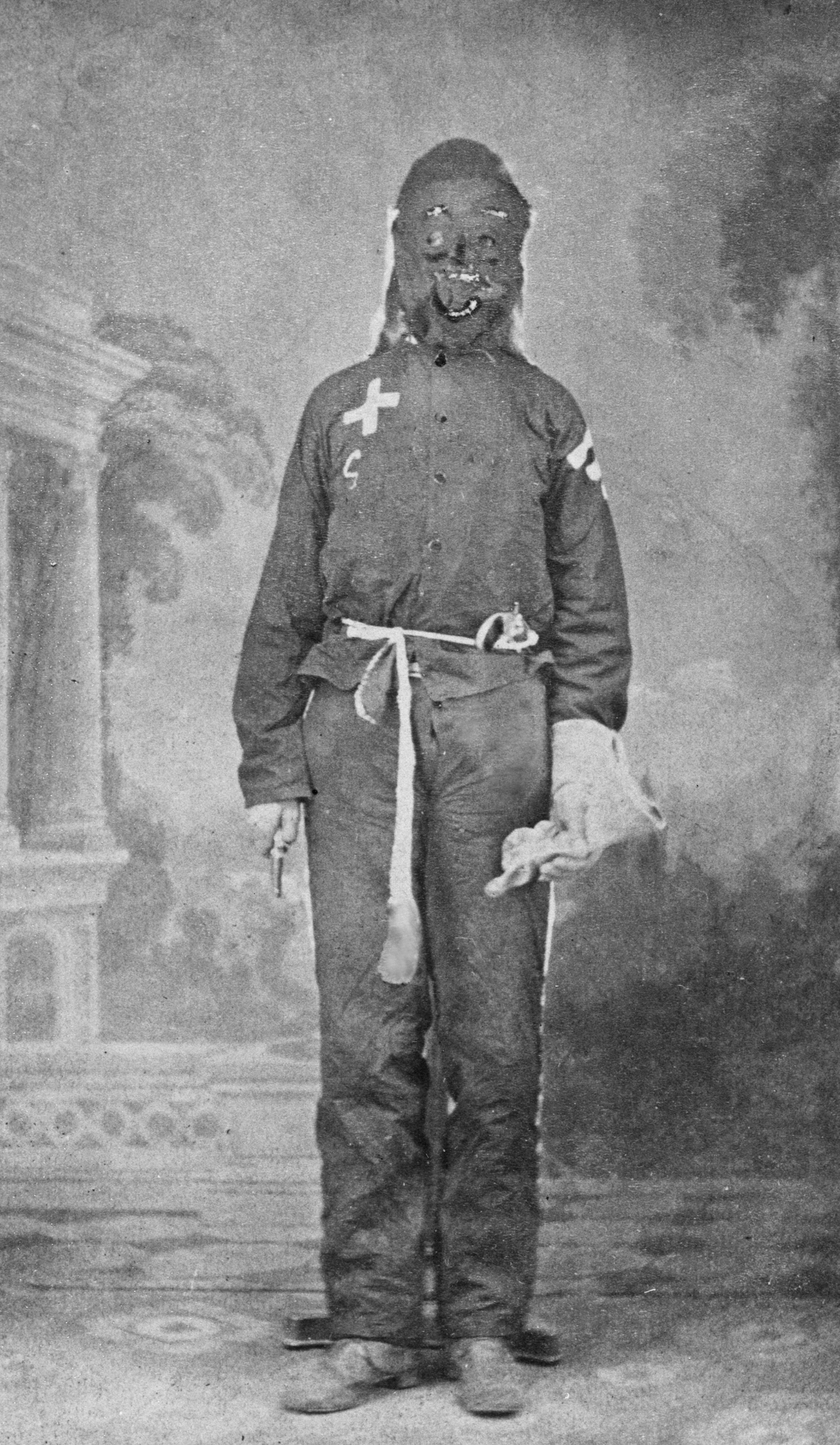

The author and publisher have provided this e-book to you for your personal use only. You may not make this e-book publicly available in any way. Copyright infringement is against the law. If you believe the copy of this e-book you are reading infringes on the authors copyright, please notify the publisher at: us.macmillanusa.com/piracy.
for my children,
Abigail
and
Theodore Ball
The more images I gathered from the past the more unlikely it seemed to me that the past time actually happened in this or that way, for nothing about it could be called normal: most of it was absurd, and if not absurd, then appalling.
W. G. SEBALD, Vertigo
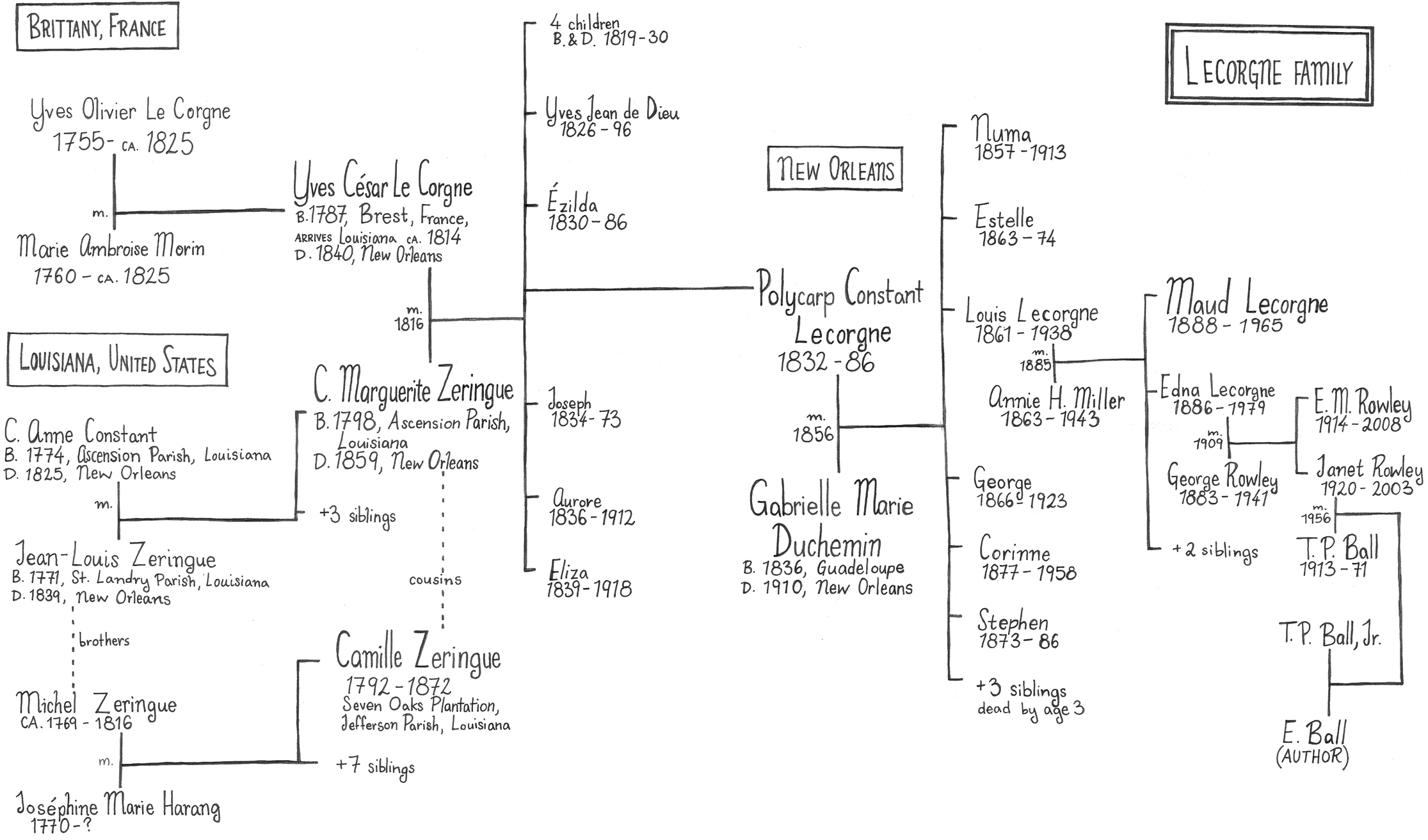
My mother had a soft view of the person who became our Klansman.
He was the one with the pretty name, she said. Constant Lecorgne.
Who can pronounce that? I said. He was French, and no one in New Orleans is French anymore.
This talk took place in the kitchen. I was a teenager.
His name was unusual, my mother said. Polycarp Constant Lecorgne.
She pronounced the last part Le-corn. She said the middle name with a French effort, Cohn-stah.
What kind of a name is that?
Polycarp Constant. Its pretty.
My mothers name was Janet. She thought it plain. Whereas this family member, the one called Polycarp, had a fancy name. And he was French, meaning Latin, meaning more cultured, or more virile, or something.
Polycarp Constant Lecorgne, she said. Its like a melody.
It is strange, I said.
Look it up.
I went away to page through an encyclopedia, came back to report.
Polycarp was a saint, about A.D. 100, in the city of Smyrna, on the Mediterranean. He was a bishop, killed by the Romans.
Our Polycarp was Catholic, my mother said. He did not like his first name, so he used his second, Constant. He was not a saint.
What do you mean?
I mean it is too bad what he got up to with that White League. I mean it is sweet and bitter. The beautiful name. The business with the Ku-klux.
This is a story that begins with a woman making notes and talking about family and ends with a lot of people dead in a ditch. This is a family story. Yet it is not a family story wrapped in sugar, the way some people like to serve them.
When my mother died, in 2003, my brother and I went to New Orleans to bury her. We had her placed in the family tomb. We paid the cemetery to chisel her nameJanet Rowley Ballon the stone door of the vault. Above her name was the name of her own mother, Edna Lecorgne.
Edna Lecorgne was a granddaughter of Polycarp Constant Lecorgne, our Klansman.
My brother and I emptied the contents of the house. (Our father was long dead, and we two the only children.) There was little in the way of books, but there were files. Our mother, Janet, was a filer. She had a big oak desk with two file drawers. Out of one I pulled a batch of folders marked Lecorgne.
There was some furniture in the house explained by these Lecorgne files. A dining room setVictorian, with a marble-topped breakfront. And a rolltop desktall, with pigeonhole letter slots and a barrel-like door over the desk. The furniture came from the Lecorgnes, and it was born during the years of the one with the pretty name.
When we were growing up, my brother and I and family sat at that Victorian dinner table, where, in a manner of speaking, we ate with our Klansman one thousand times. The Lecorgne family, and it seems Constant himself, owned the dinner furniture. The table, a couple hundred pounds of cherrywood, had a scalloped pedestal, curling knees for legs, and feet like claws. It came with a massive breakfront, seven feet high, with a red marble counter at the waist, little shelves and a beveled mirror above. The dining room was the grandest in a plain house.
As I was growing up, we ate every night at the same table. The story came out when necessary. If a visitor admired the furniture, my mother had this to say.
Carpenter Lecorgne had a customer who could not pay his bill. Or maybe it was someone who did not want to pay, and who wanted to barter. So a deal was made, and the client paid with the dining room furniture. When? Oh, that was sometime in the late 1800s.
Lecorgne is not my family name. The Lecorgnes were my mothers people, and her mothers. Yet in the chain of being, and by inheritance, the Lecorgnes are, of course, my people. Our Klansman was my grandmothers grandfather.
Aunts and uncles had the name Lecorgne. Albert Lecorgne, Uncle Albert, sometimes came to eat. When you shook his hand, you could feel calluses where his fingers met his palm. That was because Uncle Albert belonged to a line of Lecorgne carpenters. Polycarp Constant Lecorgne had been a carpenter.
Bertha Lecorgne, Aunt Bert, also came around, although to me she is a dim memory of an unsteady walk. Then there was Maud Lecorgne, Aunt Maud. She really was the caretaker of the Klan story.
The Klansman? Ive known about him since childhood. I have been afraid of his story.
From the oak desk of my mother I took the manila folders back to my home in Connecticut. I put them in a file cabinet. They stayed there for ten years. In 2013, I took out the files. I studied the family trees and read notes about the Lecorgnes. Their lives unrolled in somebodys cursive. The longhand was unfamiliar, it looked antique. I knew my mothers handwriting; she wrote in a style from the time she went to school. This cursive was older. I turned over a page and saw the name Maud Lecorgne. It was Aunt Mauds hand.
Aunt Mauds grandfather, Constant Lecorgne, was a family hero of sorts. That is, he was a hero before standards changed, and his memory became too hot. Then he was forgotten, deliberately. Mauds grandfather was a hero because he fought for whiteness, for our tribe. And if you measure the results, he won.
There is a Creole sayingOn lave son linge sale en famille, Wash your dirty laundry inside the family. Meaning, keep quiet about the bad stories, show no conflict, say nothing that dirties reputation. The adage is a reminder always to disguise.
I want to tell the story of this ordinary man with the unusual name. Because he helped to lay out and to tend the garden of whiteness in which we dwell.
Aunt Maud lived in New Orleans with her sister, Edna Lecorgne, my mothers mother. (Maud was a great-aunt to me, but she went by the simpler Aunt.) When I was a child, our family many times visited New Orleans, my mothers hometown. Eventually we moved there, and the city is one of the places I grew up. Edna and Maud Lecorgne, the two sisters with antique names, were in their seventies when I was a boy of nine or ten. They lived in a bungalow on Nelson Street, near Tulane University. The bungalow was brick and painted yellow, set up high against floods, eight feet above grade, ten steps up to the porch, deep eaves, built in the 1920s. Tulane University a half mile in one direction, the Mississippi River a half mile in the other. On the porch, a heavy door with glass on the top half. The door opened into the living room.
Font size:
Interval:
Bookmark:
Similar books «Life of a Klansman: A Family History in White Supremacy»
Look at similar books to Life of a Klansman: A Family History in White Supremacy. We have selected literature similar in name and meaning in the hope of providing readers with more options to find new, interesting, not yet read works.
Discussion, reviews of the book Life of a Klansman: A Family History in White Supremacy and just readers' own opinions. Leave your comments, write what you think about the work, its meaning or the main characters. Specify what exactly you liked and what you didn't like, and why you think so.

